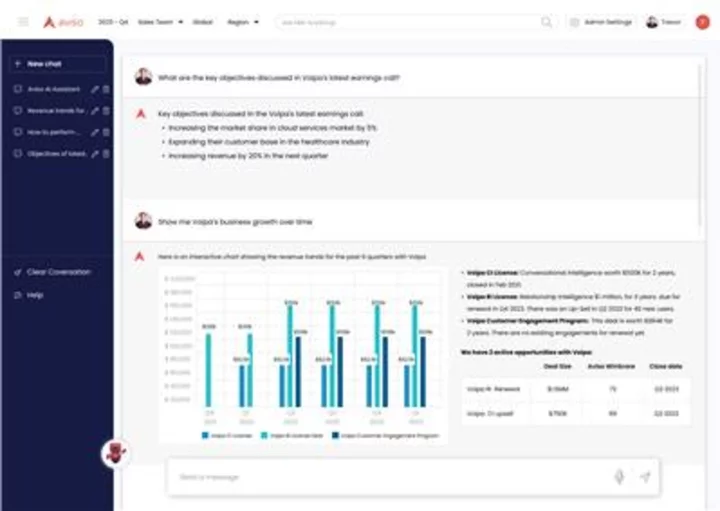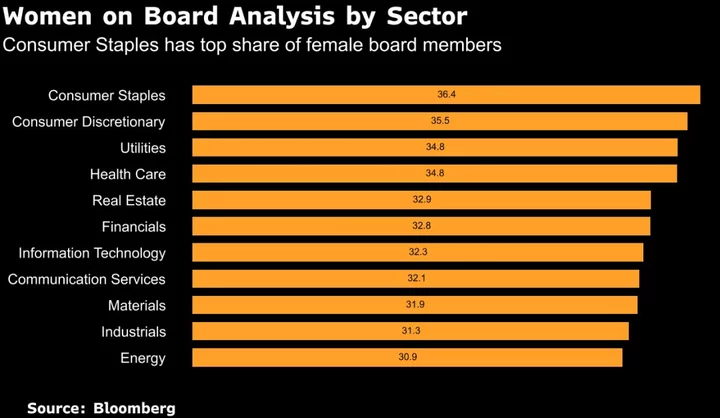The European Central Bank might need to increase borrowing costs again one day if needed to tame consumer prices, Executive Board member Isabel Schnabel told Jutarnji list.
“I still see risks to rising inflation,” she said, according to the Croatian newspaper. “These risks need to be carefully monitored. If they materialize, further rate hikes may be necessary at some point.”
The ECB has raised interest rates for 10 consecutive meetings and has signaled that no further move is likely at its Oct. 26 meeting. Some policymakers have indicated that they think the peak in tightening has now been reached, while others refuse to exclude the possibility of more action.
Schnabel remarks suggest that she remains one of the hawks on the Governing Council.
“There could be new shocks on the supply side,” she said, according to the newspaper. “In addition, wages may rise more strongly than expected, potentially accompanied by weaker-than-expected productivity growth, while companies may not absorb higher costs through their profit margins.”
The German Executive Board member also said that officials at the ECB “cannot rule out” a recession in the euro region, though an slump may be restricted.
“There are no signs of a deep or prolonged decline,” she said. “One of the reasons for this is the still quite resistant labor market, which is why nominal wages are growing strongly. With falling inflation, real incomes also rise, which supports economic growth in the future.”
Schnabel touched on the potential adjustment of banks’ minimum reserve requirements — something other ECB officials have floated. But she signaled that any move won’t be imminent, tying the issue to a wider review of the monetary-policy mechanism that may only conclude next year.
“Until we know what role minimum reserve requirements will play in that new framework, we should be cautious about making any far-reaching decisions,” she said in the interview. “In any case, the reduction of excess liquidity through the reduction of our balance sheet will continue for some time and eventually all of our securities purchase programs will come to an end.”
--With assistance from Greg Sullivan and Alexander Weber.
(Updates with minimum reserve requirements starting in eighth paragraph)









